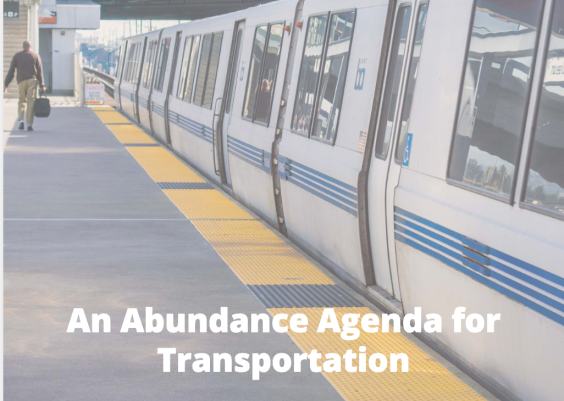The Silicon Valley Bicycle Coalition has been hosting conversations about bicycling, equity, and planning for ten years at its annual Bike Summit, and current restrictions on public events not deter them. Instead of an in-person gathering, teach-in, and celebration of all things bicycle, this year the summit will be held online.
It will still be a full two-day event. Fear not! Organizers know that online forums can be deadly boring, and are working to adapt the summit in ways they hope will make it more engaging. To start, they've shortened all the sessions to be less than an hour long, added long breaks, and eliminated simultaneous breakout sessions.
To keep attendees engaged during what is usually a shared communal lunch, organizers will assign people to small "lunch table" groups and provide them with topics for discussion. "It will be similar to sitting at a table and chatting with strangers the way you would at an in-person summit," said Emma Shlaes, deputy director for the SVBC. "It helps to absorb the information, to discuss what you're learning with others and talk about how it's relevant to you and your work." It's also usually an excellent way to meet fellow bike advocates.
In place of the usual planner-led bike tour, which this year would have been of Palo Alto, organizers are putting together a virtual bike ride. Details aren't completely ironed out yet, but it's likely to include some kind of virtual tour of local bike facilities led by Palo Alto city representatives, who will discuss projects, proposals, and challenges they've faced.
This year's summit agenda includes keynote talks by Caltrans director Toks Omishakin and San Jose Supervisor Dave Cortese, discussions about Slow Streets, public engagement, equity, bikeway designs, and more.
Topics will include discussion of enforcement and its role in creating safe routes for biking and walking. Safe Routes to School recently eliminated "Enforcement" as one of its "Six E's" guiding principles: Education, Encouragement, Enforcement, Evaluation, and Engineering, with the recent addition of Equity. One of the summit's sessions will feature representatives from the city and county, consultants, and advocates talking about how this shift is happening in organizations and agencies, what it implies about their work, and what work still needs doing.
Caltrans Director Omishakin will update attendees on what the state department of transportation is doing in terms of advancing safety and infrastructure for biking and walking at the state level, and how that will be reflected at the district level. "This is always an important theme at the summit," said Shlaes, "and there's a lot to update."
The SVBC will also present its annual awards for the Silicon Valley Bicycling Person, Program, and Project of the year at the summit. Nominees can be found here.
The summit is a fundraiser for the SVBC, and registration costs $50 for the two day event. Note that, as always, there will be scholarships available for anyone who needs it, so the registration fee should not be seen as an obstacle. Details here.
Note also that although many topics have a local angle, there are many issues, challenges, and solutions that are common to other regions, and universal to active transportation. Having an online summit might make it easier for people in far-flung areas to attend, and learn, and compare notes on making biking better everywhere.






